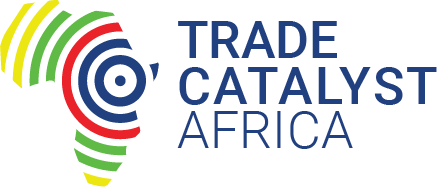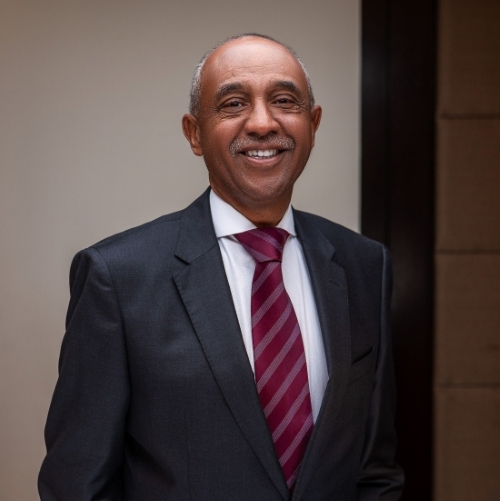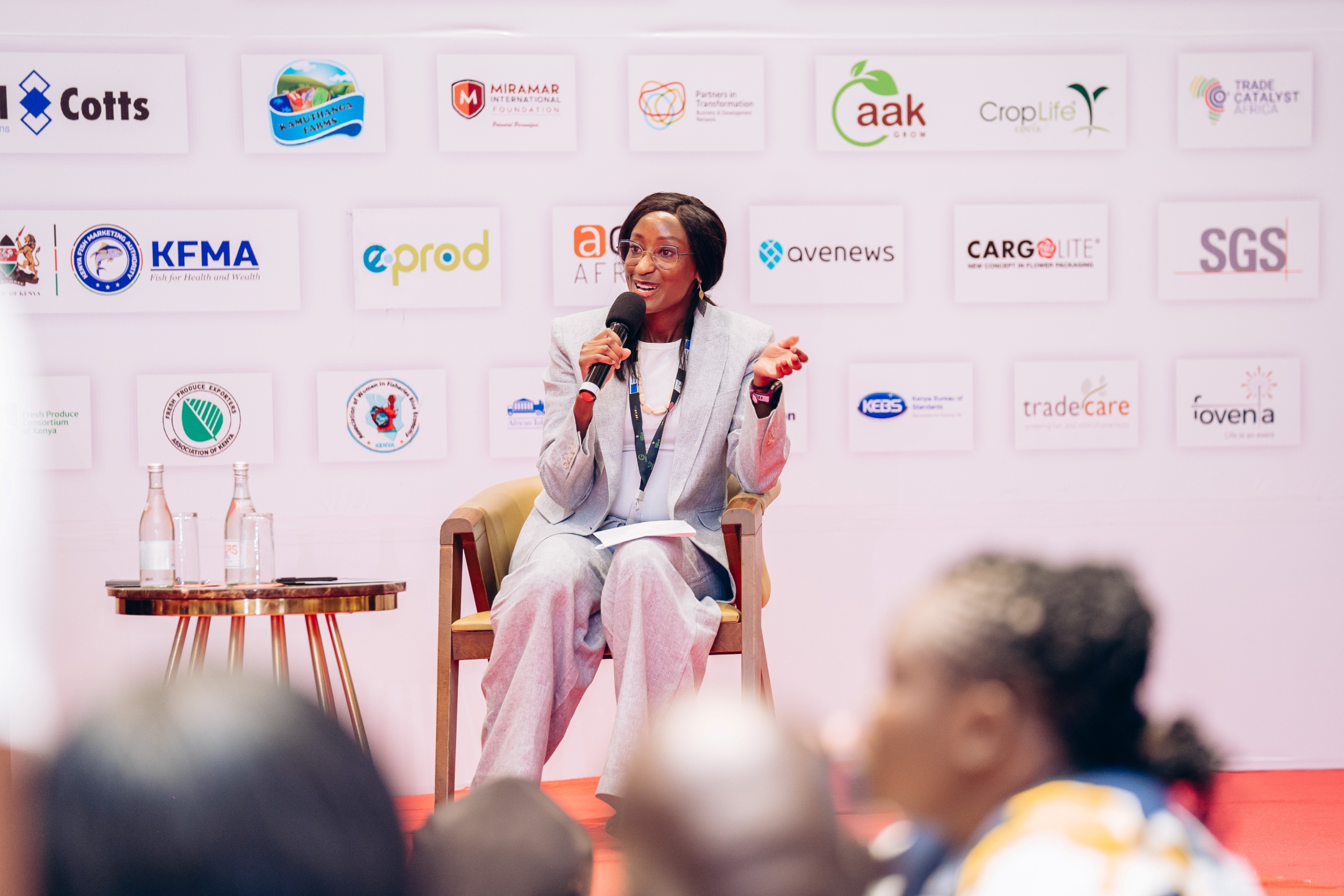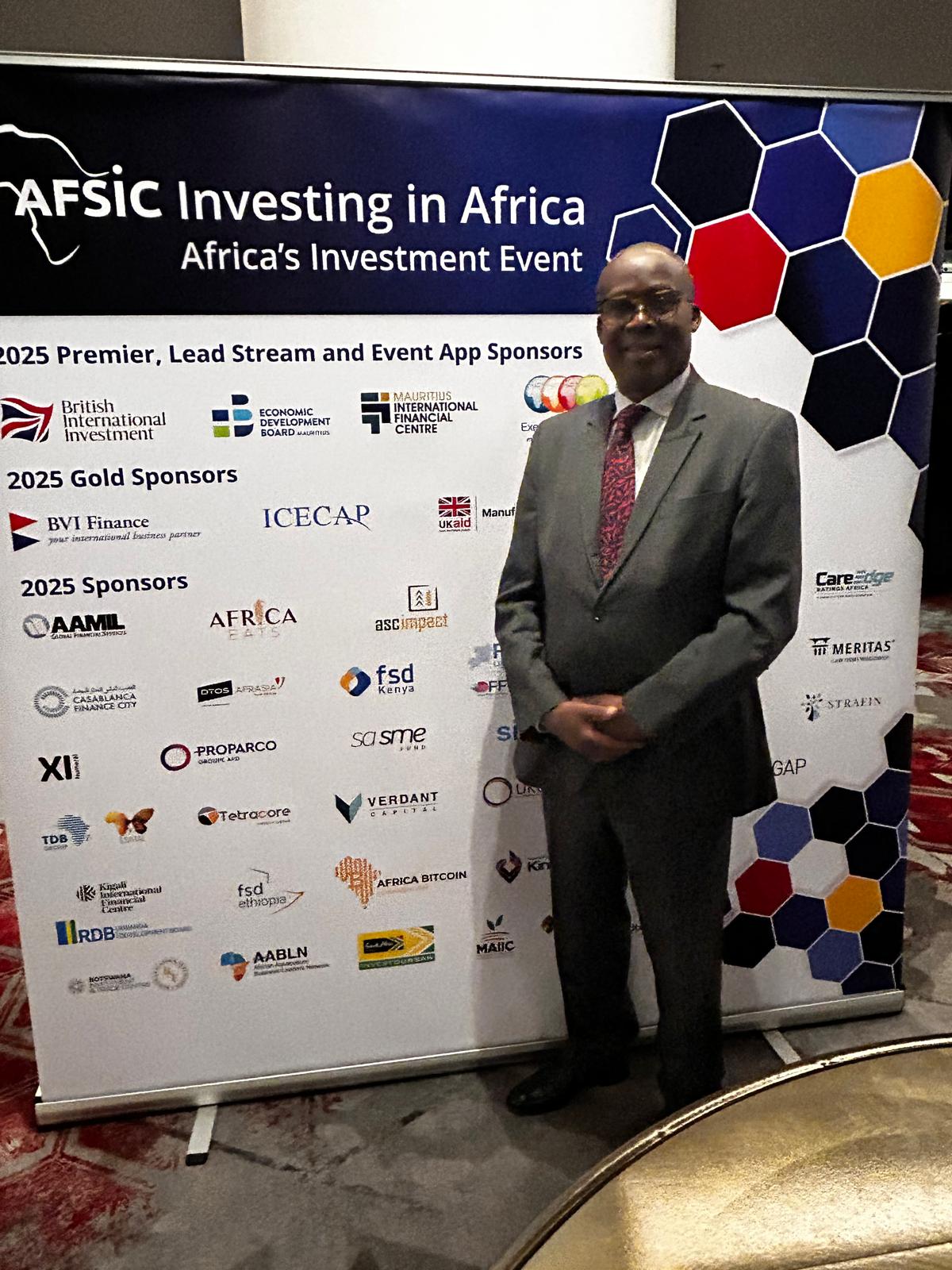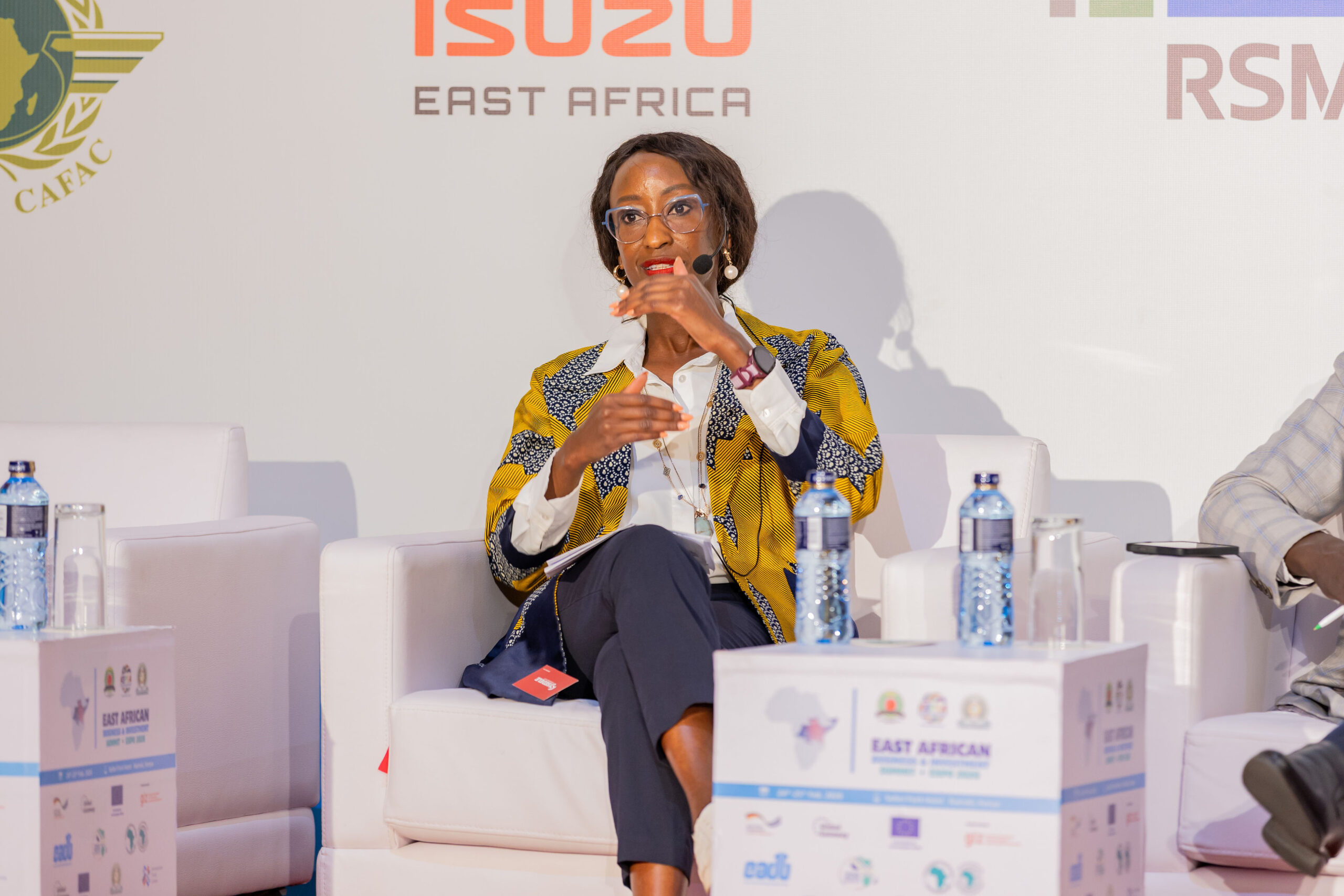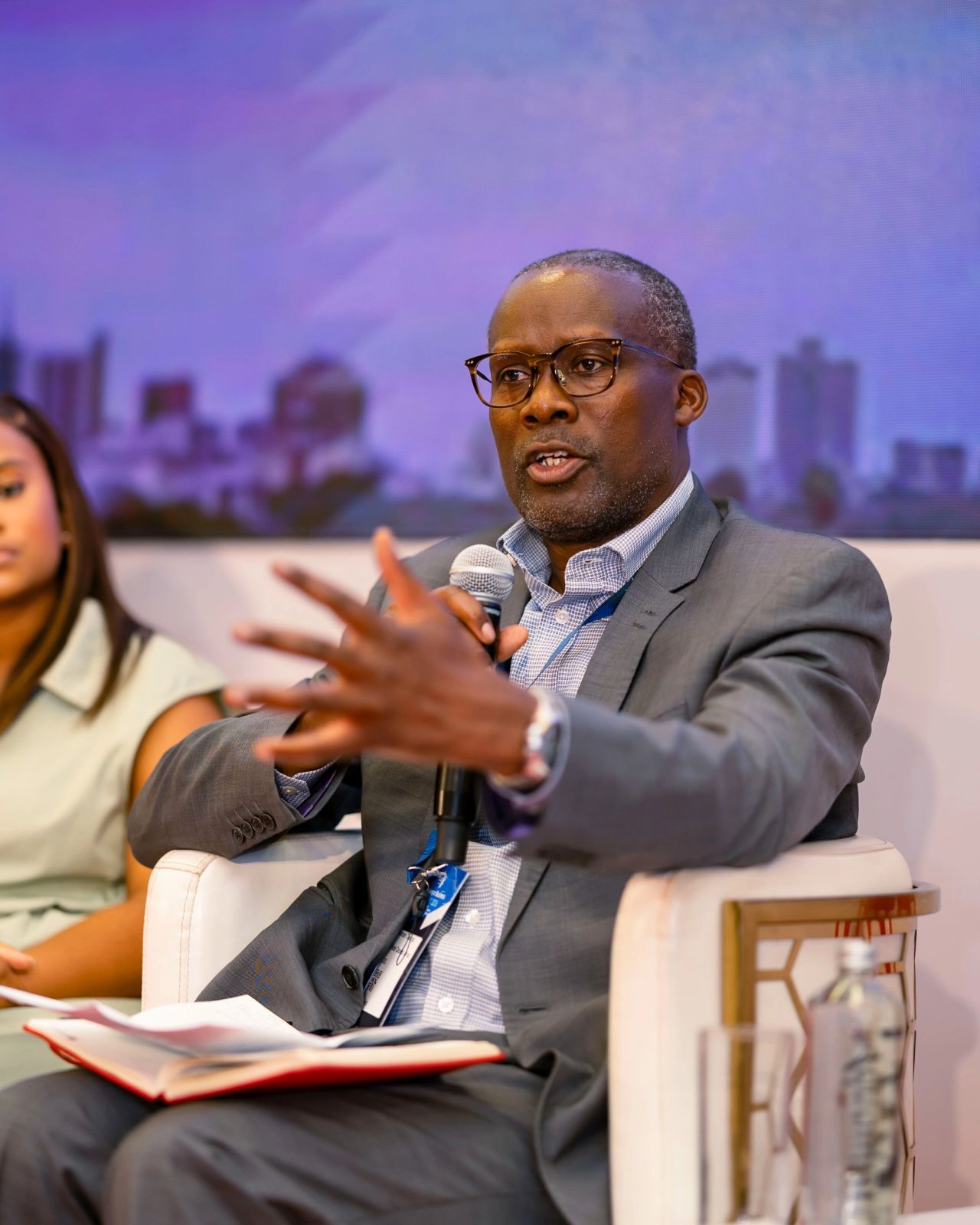Trade Catalyst Africa
Trade Catalyst Africa Appoints Gabriel Negatu as Interim Board Chair and Welcomes Professor Dominic McVey MBE to the Board
Reimagining Border Efficiency: Insights from the Kisumu OSBP Design Workshop
Financing Kenya's Agriculture by Antoinette Tesha
Summary of AFSIC
Driving Prosperity Through trade
From border posts to digital platforms, we de-risk investments so capital flows into projects that accelerate exports, create jobs, and promote inclusive growth.
Nairobi, Kenya | January 13, 2025 — Trade Catalyst Africa (TCA) announces the appointment of Gabriel…
Trade Catalyst Africa (TCA) and TradeMark Africa (TMA) brought together representatives from government agencies, revenue authorities…
Yesterday, I joined the panel on Building Sustainable Financing Models for Smallholder Farmers and Agricultural Micro…
The 12th edition of AFSIC-investing in Africa 2025 took place in London (October 14-15) bringing together…
Trade Catalyst Africa
EABIS Summit
ICC Kenya Business Summit 2026
What Trade in Africa needs now
Trade Catalyst Africa Appoints Gabriel Negatu as Interim Board Chair and Welcomes Professor Dominic McVey MBE to the Board
Reimagining Border Efficiency: Insights from the Kisumu OSBP Design Workshop
Driving Prosperity Through trade
From border posts to digital platforms, we de-risk investments so capital flows into projects that accelerate exports, create jobs, and promote inclusive growth.
The ICC Kenya Business Summit 2026 (February 11-12) brought together business leaders, investors, development partners, and government…
At the East African Business & Investment Summit 2026, Antoinette Tesha, Investments…
On 3 February, President Donald Trump signed a law extending the African Growth and Opportunity Act (AGOA)…
Nairobi, Kenya | January 13, 2025 — Trade Catalyst Africa (TCA) announces the appointment of Gabriel…
Trade Catalyst Africa (TCA) and TradeMark Africa (TMA) brought together representatives from government agencies, revenue authorities…
To elevate Africa's exports by amplifying trade finance and infrastructure investment.
Trade Catalyst Africa (TCA) is a catalytic financing facility that addresses the challenge of access to finance for trade infrastructure, both hard and soft, and provides better access to trade finance for Small and Medium–Sized Enterprises (SMEs).
We achieve this through blended finance to de-risk commercial investments in trade projects. We partner with public and private sector organisations to achieve our mandate, focusing our efforts on projects that promote trade, resilience, inclusivity, and sustainability.
For Africa, improved trade infrastructure means smooth movement of goods, people, and information, while access to trade finance for SMEs means increased working capital, business expansion into new export markets, and improved livelihoods.
We aim to be an evergreen fund, revolving our funding across multiple projects by recouping our investments through a transparent revenue model.
TCA is wholly owned by TradeMark Africa.
TCA is unlocking investments for trade infrastructure and finance for SMEs in Africa. Our trade prosperity facility has two financing windows and a project preparation component:
Project Preparation
We facilitate the successful development of trade infrastructure projects with the potential to deliver significant export impact.
Trade Finance Window
We support the growth of export-oriented micro, small, and medium-sized enterprises (MSMEs) to scale up.
Project Development Finance Window
We support and de-risk the development of physical and digital trade infrastructure.
Figures
Relevance
High potential of enabling export and intra-regional trade.
Sustainability
Meets environmental, social, and governance guidelines.
Predictability
Transparency provided from early stages of engagement.
Impact
Clear impact on economic growth, diversity, and inclusion.
Ethical Approach
Build consensus of all project stakeholders.
Commercially Viable
Demonstrable value for money.

Get In Touch
Call Us
+254 20 423 5000
Address
2nd Floor, Fidelity Center, Waiyaki Way, Westlands.
